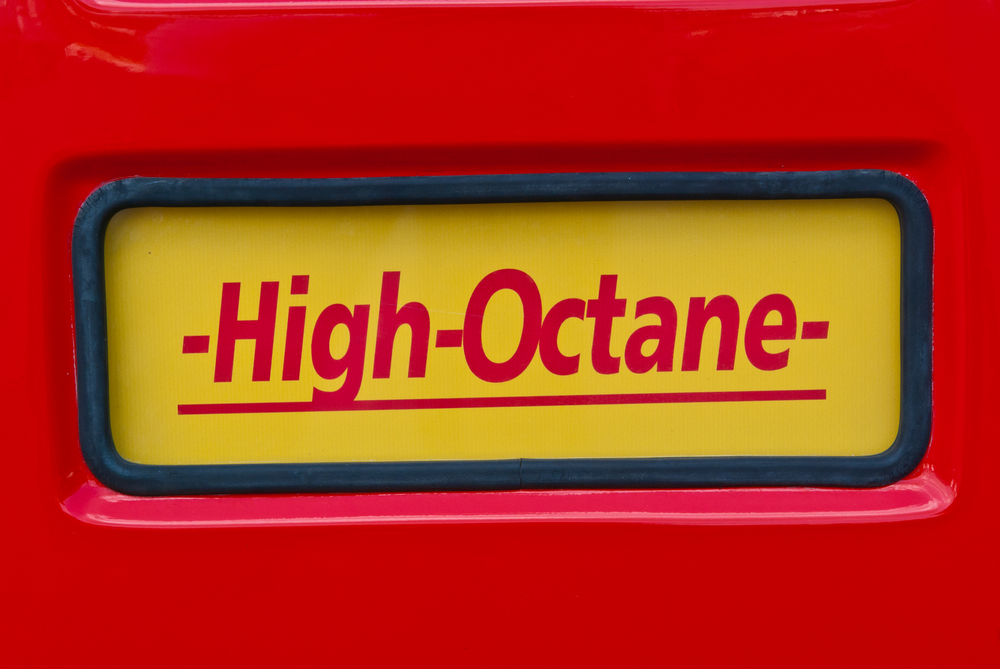
The House Subcommittee on Environment recently held a hearing on the impact transitioning to high octane fuels and high octane vehicles would have on automakers, consumers, fuel retailers, refiners, and biofuel producers.
The subcommittee has control over the Environmental Protection Agency’s vehicle and transportation fuel programs, including the Renewable Fuel Standard (RFS) and the Corporate Average Fuel Economy/Greenhouse Gas.
The goal of these programs is for vehicles to average 54.5 miles per gallon by 2025. A flaw with the programs is that they have never fully coordinated with each other, the committee said.
By 2050, the most common vehicle still will be run on an internal combustible engine, according to the Energy Information Administration. The auto industry is slowly moving toward biofuels and agriculturally sourced ethanol.
Hearing witnesses included Paul Jeschke of Illinois Corn Growers Association; Emily Skor CEO of Growth Energy; Timothy Columbus, general counsel of the Society of Gasoline Marketers of America and National Association of Convenience Stores; Dan Nicholson, vice president of Global Propulsion Systems at General Motors; and Chet Thompson, president and CEO of American Fuel and Petrochemicals Manufacturers.
“If done correctly – through free market principles, the sun-setting of the RFS, and implemented over a reasonable phase-in-period – higher octane fuels have the potential to benefit all stakeholders,” Thompson said.